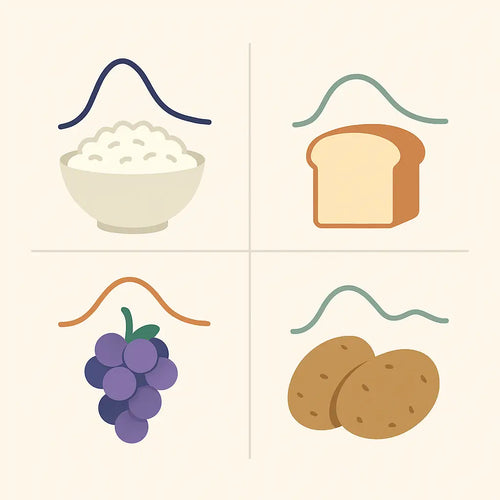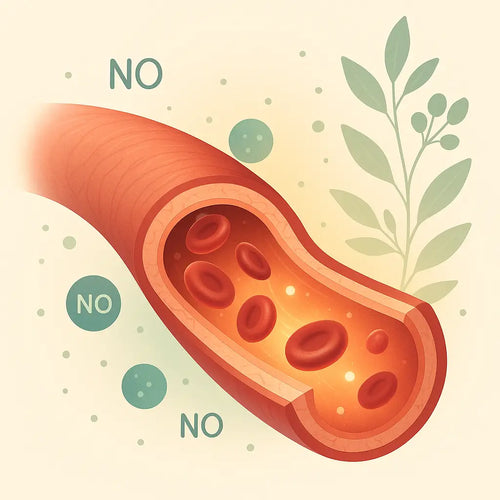Resveratrol got a lot of attention some years ago when research showed amazing benefits in mice.
Resveratrol is still a substance receiving a lot of attention from the research community. Two interesting and recent studies on resveratrol are reviewed here.
Both studies were conducted on human.
In one of these studies the effect of resveratrol on insulin resistance, insulin sensitivity was investigated (Brasnyo P, et al. 2011). Insulin resistance will develop into type 2 diabetes unless some intervention is implemented to make the individual more insulin sensitive.
The study was conducted for four weeks and showed that resveratrol improved insulin sensitivity in humans which may be due to resveratrol induced decrease in oxidative stress leading to more efficient insulin signaling.
The other study was involving healthy individuals and the researchers investigated the effect of resveratrol on detoxification enzyme activity, both cytochrome P450 and phase 2 detoxification enzymes (Chow HH, et al. 2010). These enzymes are drug and carcinogen metabolizing enzymes found in the liver.
The researchers concluded that resveratrol can modulate enzyme systems involved in carcinogen activation and detoxification, which may be one mechanism by which resveratrol inhibits carcinogenesis.
Resveratrol has a low bioavailability, but that can be improved upon by including methylated resveratrol (Pterostilbene) in the formula (Wen X, Walle T. 2006).
Our formula “Resveratrol SC” has recently been upgraded and is now more potent. It includes methylated resveratrol (Pterostilbene) as well as Quercetin as a synergistic ingredient. To read more about this formula and the benefits of resveratrol, click here.









